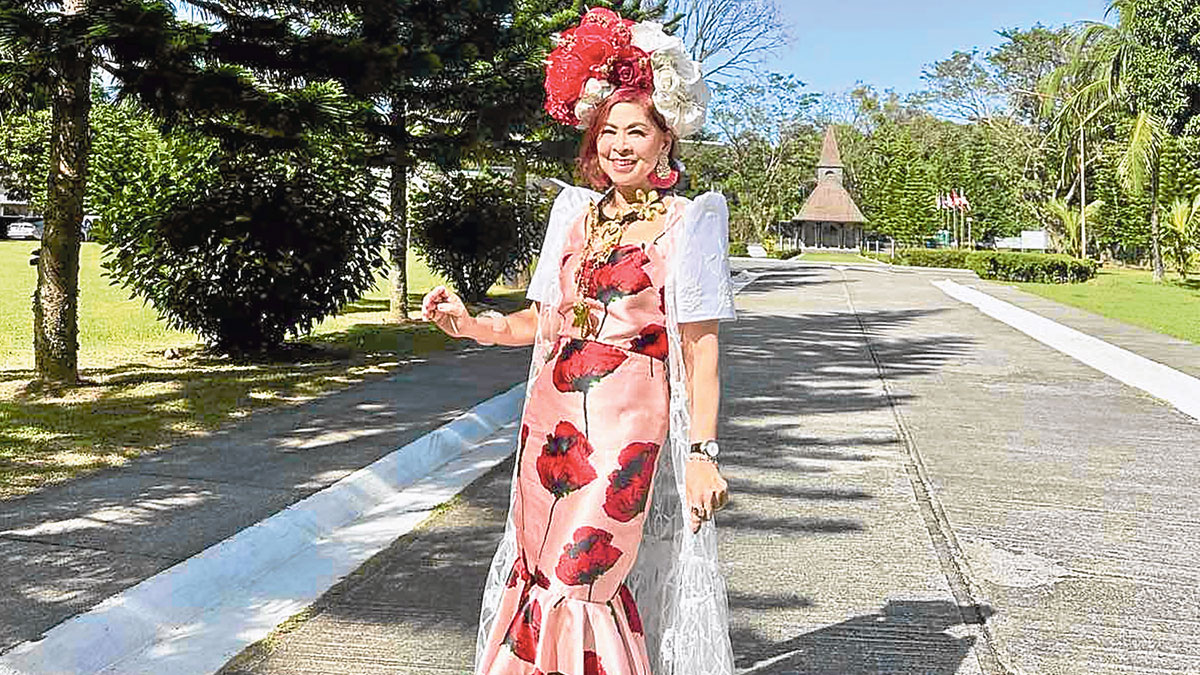Readings: Zechariah 9: 9-10; Psalm 145, Response: I will praise your name for ever, my king and my God.; Romans 8: 9, 11-13; Gospel—Matthew 11: 25-30
Biblical scholar Andrew Plummer wrote, “The heart, not the head, is the home of the gospel.” This is a spot-on reflection on the first part of this Sunday’s Gospel where the Lord says, “I give praise to you, Father, Lord of heaven and earth, for although you have hidden these things from the wise and the learned, you have revealed them to little ones.”
This is not an anti-intellectual statement, as some would accuse religion of, but an emphasis on the holistic grace of religion. Better still, it’s about how our personal relationship with God brings us wholeness and integrity.
This also reminds us that such a relationship and its graces of wholeness and integrity are premised on humility. Our ability to listen is a grace of humility, and it is with a listening mind and heart that we can know and encounter the truth of our person.
In my years as a teacher and as a priest, I am 100 percent convinced that the core of our truth, our wholeness and integrity, lies in our living out our mission with dedication and devotion. Yes, dedication and devotion to a cause, a dream larger than life, but ultimately to our relationship with God.
This is why Jesus emphasizes, “No one knows the Son except the Father, and no one knows the Father except the Son and anyone to whom the Son wishes to reveal him.”
Jesus reveals the Father to us
His revealing the Father to us brings us into a relationship with God, as his sons and daughters, a relationship that we enter and deepen with, through and in the Son. In our knowing or seeing him more clearly, loving him more dearly and following him more nearly, we enter a deeper relationship that always makes us share in the mission of the Son.
This is the context of the next part of the Gospel when Jesus invites us to “come” and find rest in him. He assures us that in the trials, the labors and burdens of the mission, he will be with us. He will not abandon us, but there is one thing we have to realize.
Jesus will never impose. We will need to choose to see, to love and to follow him. We need to say yes to his invitation: “Come to me … and I will give you rest.” We need to hear and to say yes to God’s mission, what he wants us to do.
As Jungian spiritual author Robert Johnson put it, “The grace of God is always available, but we must ask for it,” for grace to have an impact on and shape our lives.
Image of the yoke
The other important point for reflection is the image of the yoke in today’s Gospel. “Take my yoke upon you and learn from me … For my yoke is easy, and my burden light.”
There is a legend that Jesus, being the son of a carpenter, made the best yoke for animals. The fit was so good that it made it easy for the animals to carry the burden that the yoke brings.
This is a beautiful reminder that God does not give us burdens, crosses that we cannot carry. More than this, it reminds us that our mission is a personal mission from God, as earlier mentioned, an expression of our personal relationship with God, and is a sharing in the mission of Jesus—“Take MY yoke upon you”—we share in his Cross and he is there to help us carry ours.
This mission is his and he calls us to share in it, but it is also “easy and light” because it is “tailor-made” for us. His mission for us is specifically for us and nobody else.
During our college years, we used to walk up the knoll at the Ateneo de Manila campus. It was the highest point in the entire campus. Back then, 40 plus years ago, we could go up there, sit at the foot of a huge statue of the Sacred Heart and watch the sunset.
That same statue still stands in the same area, but is now on the plaza of the university Church, The Church of the Gesu.
At the base of the statue is this passage from Matthew, “Come to me, all you who labor and are burdened, and I will give you rest. Take my yoke upon you and learn from me, for I am meek and humble of heart; and you will find rest for yourselves. For my yoke is easy, and my burden light.”
We need to have these memories. We need to have these sacred spaces, physically, psychologically, affectively, spiritually.
These remind us that he calls us, invites us constantly. They assure us that he will always be there for us.
But the choice is ours—to go up the knoll, sit with him in solitude and silence, and regain a view of the horizon of our life—our mission, our relationship with him of seeing, loving and following him. —CONTRIBUTED











































